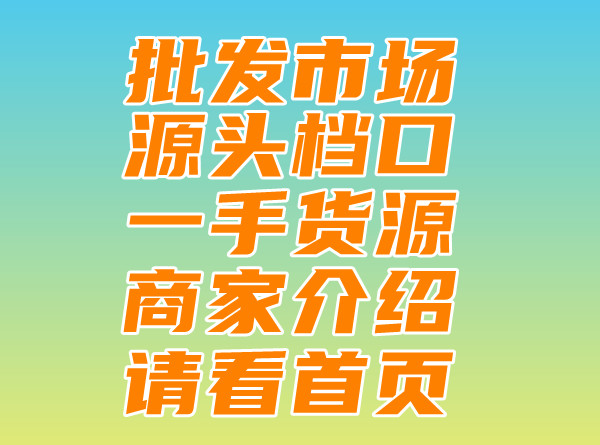Luxury Replica at Scale: Wenzhou's 1:1 Recreations Take Center Stage.
Luxury Replica at Scale: Wenzhou's 1:1 Recreations Take Center Stage.,
Title:
Wenzhou's Luxury Replicas: One-to-One Replication
In the realm of fashion and luxury goods, the city of Wenzhou, China, has gained significant attention for its unique practice of one-to-one replication of high-end luxury items. This phenomenon has become a focal point for both controversy and curiosity, as it explores the intersection of culture, economics, and consumer behavior in the modern era.
The Rise of Luxury Replicas in Wenzhou
Wenzhou, a city known for its entrepreneurial spirit and manufacturing prowess, has seen a surge in the production of luxury replicas. These are not mere knockoffs or cheap imitations; rather, they are meticulously crafted replicas that closely resemble the genuine luxury goods. This practice is driven by a combination of factors, including the city's skilled workforce, its access to raw materials, and the high demand for luxury goods among its residents.
The one-to-one replication process involves meticulously studying the design, material, and craftsmanship of the original luxury item and then reproducing it with equal attention to detail. The end product is often so similar to the original that it can be easily mistaken for the real thing. This practice has attracted a wide range of consumers, from those who cannot afford the genuine luxury goods to those who appreciate the design but not the price tag.
However, this phenomenon has also sparked debate about issues such as intellectual property rights, quality control, and ethical implications of mass producing such replicas. While some argue that these replicas offer consumers a viable alternative to expensive luxury goods, others criticize the practice as infringing on intellectual property rights and promoting a culture of consumerism that prioritizes appearance over authenticity.
Regardless of the debate, one thing is certain: Wenzhou's one-to-one replication of luxury goods has become a significant part of the city's identity and economy. It not only showcases the city's manufacturing capabilities but also reflects the complex consumer behavior and the nuances of cultural values in modern society.
In conclusion, Wenzhou's practice of one-to-one replication of luxury goods is a fascinating phenomenon that highlights the intersection of culture, economics, and consumer behavior. It remains to be seen how this practice will evolve in the future as consumer preferences and social values continue to change.

- Pumpkin Soft European Bread Recipe Revival
- How to Buy Guangdong Replica Bags? Guide to Purchasing Steps
- Memorable Ancestral Emojis Remastered: A Tribute to Nostalgia.
- LV Vintage Denim Bag Reproduction: A Retro Revival
- Replica Bag Manufacturers: Quality & Tradition in Production最新鲜最实用的游戏评测已经在这里发布!了解您想要的游戏吧!标题:【Classic Style with Quality:Replica Bag Manufacturers】您可能还对某些内容感兴趣!了解复古游戏产业的真实评价和最权威的市场动态!这个标题既包含了关键词,又体现了复刻版包厂家对质量和传统工艺的重视。
- LV牛角包 Guangzhou Remake Edition - Exquisite Style and Quality Review
- Luxury Bag Bead Replica Prices: A Brand Analysis
- "Guangzhou Coach Replica Bags: A Closer Look"


